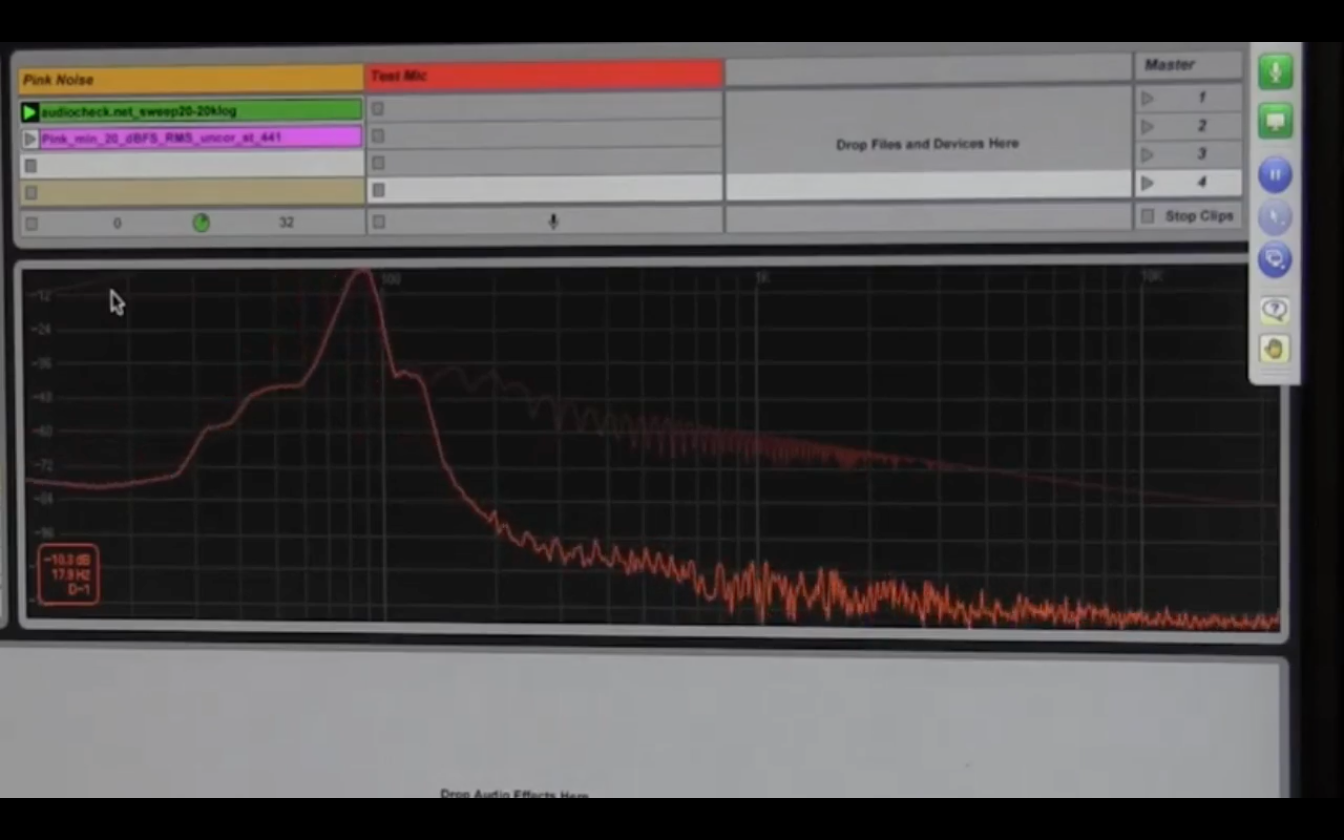This tutorial series gives you the ultimate studio checklist you should think about in your studio before your mix:
- What room have you chosen to work in?
- Are you using the dimensions to the greatest effect?
- What speakers are you using?
- Where are they placed?
- What converters are you using?
This is a great companion piece to the free Studio Acoustic Treatment series, taken from Jake’s Mixing and Mastering course. Definitely check it out!
Before You Mix: Introduction
We all want to make great mixes, but before you can, there’s some things you need to know and practice. Otherwise you’ll be fishing in the dark. With a giraffe. And a watermelon. In a canoe.
Your Mix Room
Your mix room is like an instrument: because of its dimensions and textures, it resonates certain frequencies. Let’s look at how to minimize your room’s influence on your mixes.
[bs_button size=”md” type=”primary” value=”Download the Room Test ALP File” href=”https://warpacademy.com/wp-content/uploads/2014/07/1-Room-Test.alp”]
Speakers and Speaker Placement
The type and placement of your speakers will have a great deal to do with the quality of the sound they emit. What you want is a truthful, non-colored reproduction of your music, as this will help you make the best mixes.
Converters (aka Sound Card)
Your music exists in your computer as 1’s and 0’s until it is turned into a voltage by your sound card. This is a delicate process, and the quality of your digital to analogue converters will play a part in the accuracy of your mixing.
“In The Box” or “Out Of The Box” Mixing
More and more, engineers are using a hybrid mixing approach that utilizes their favorite aspects of analogue and digital gear in tandem during mixing. There are benefits and drawbacks to both approaches.
Mix Volume
The volume that you mix at will have an effect on the tone you hear coming from your speakers, and thus influence you mix decisions.
Know Thy Speakers… And Thy Ears!
Ultimately, being able to make mixes that translate to other systems depends most upon your ability to learn — in great detail — what a good mix sounds like in your particular mix environment. Comparative listening is key.



